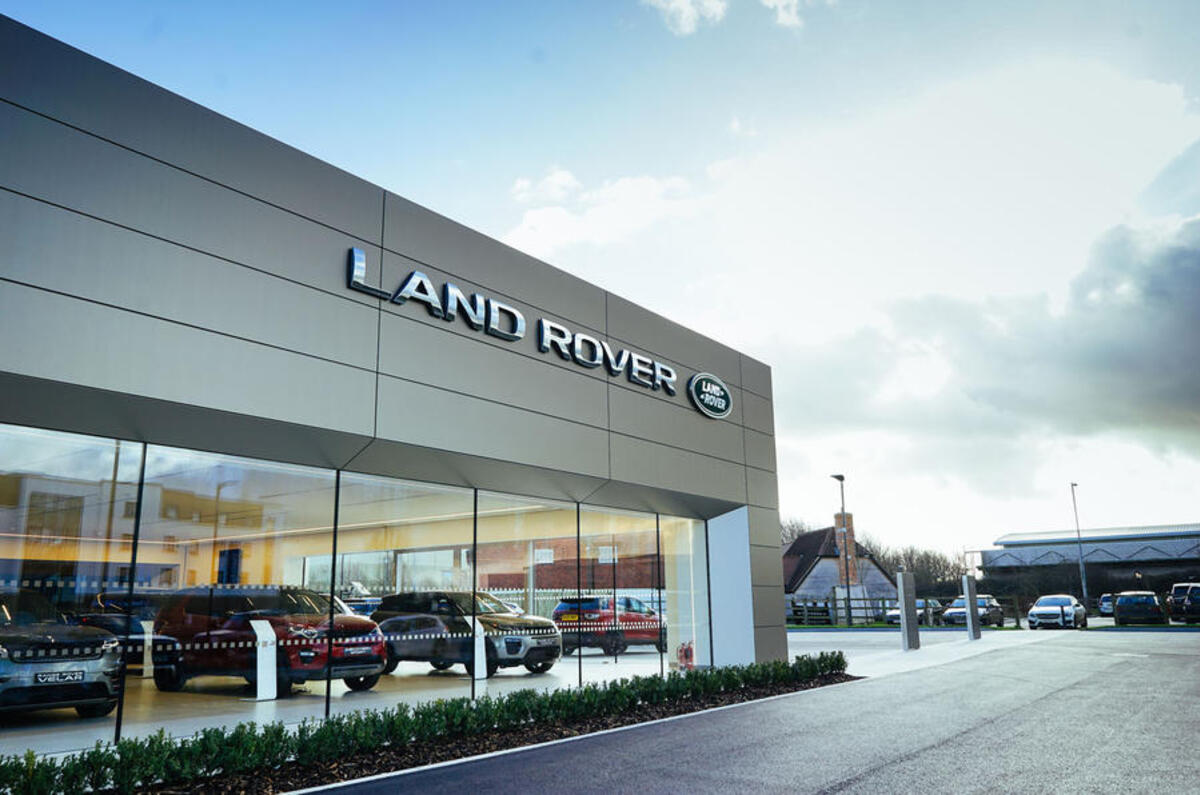JLR’s decision to cancel its planned move to the so-called agency model of direct selling to customers is the clearest sign yet that car makers are rethinking their shake-up of their distribution system amid a return to discounting.
Car makers that have pushed back their announced agency switchover include Mini, which reportedly moved its planned UK rollout date from October to 2025, and Vauxhall-owner Stellantis, which announced last year it was delaying its UK changeover to 2026.




Add your comment